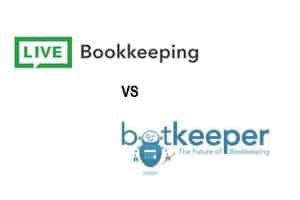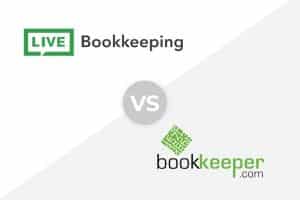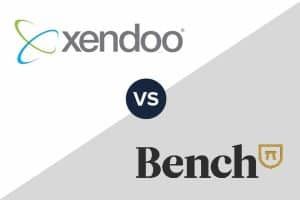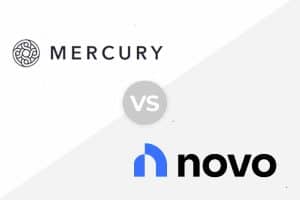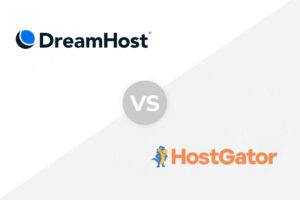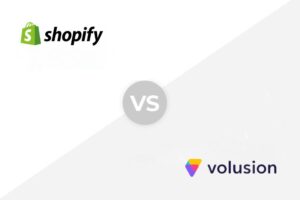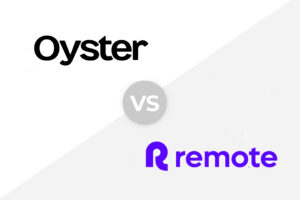It is difficult to compare QuickBooks Live and Botkeeper since they offer very different online bookkeeping services. QuickBooks Live has a standardized product for very small businesses, whereas Botkeeper uses artificial intelligence (AI) to automate the accounting for large businesses and accounting firms. We don’t declare an overall winner in our comparison of QuickBooks Live…
Versus
QuickBooks Live vs Bookkeeper.com: Review & Pricing
While QuickBooks Live and Bookkeeper.com both offer basic bookkeeping assistance, account reconciliation, and financial statements, Bookkeeper.com goes far beyond that. It has the option to add other services—like bill pay, invoicing, and payroll returns—and will even customize any service for your needs. We don’t declare an overall winner in our comparison of QuickBooks Live vs…
Xendoo vs Bench: Compare Features & Pricing
After a careful comparison of Xendoo vs Bench, we believe that Bench is the better fit for most small businesses because of its pricing, tax services, and invoicing services. However, Xendoo is great for both ecommerce and franchise businesses, and its fractional chief financial officer (CFO) services can be useful for those seeking insights on…
Mercury vs Novo Business Checking: Which is Best?
If you’re looking to open a business bank account, Mercury and Novo are excellent options. These digital-exclusive banking solutions have no monthly maintenance fees and transaction limits. Mercury is a particularly strong choice for tech startups. It offers a wide range of startup-focused services, such as venture debt, investor databases, and networking programs. It also…
QuickBooks Live vs Bench Accounting Comparison
QuickBooks Live will manage your bank feeds and reconcile your accounts for a low monthly price while Bench offers the same services—plus tax and financial advice for a higher monthly fee. We believe that Bench is the better service for most small businesses while QuickBooks Live is good for companies using QuickBooks that don’t need…
DreamHost vs HostGator: Which Web Host Is Best?
When building a small business website, one of the first decisions you’ll have to make is which company you’ll choose to host your website. Two of the most popular choices are DreamHost and HostGator, but which is the right one for your website? Where DreamHost offers more storage space, HostGator includes email. To help you…
Volusion vs Shopify: Which Is Best for Your Business?
When it comes to comparing Shopify vs Volusion for in-person retail and online selling, Shopify is the better choice because it’s scalable, flexible, and has more comprehensive selling tools. The more products you sell, the better fit Shopify is going to be for a selling platform. Volusion is a better fit if you really want…
Oyster vs Remote: Which One Is Right for Your Small Business?
Oyster and Remote are global HR software platforms that cater to hiring and paying remote and international employees. They specialize in employer-of-record (EoR) services and provide all-in-one solutions to help hire, pay, and manage global employees and contractors. : Best for small businesses that need global employee onboarding and contractor services : Best for small…
